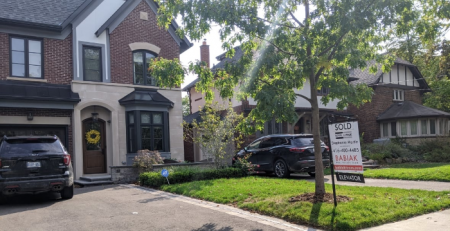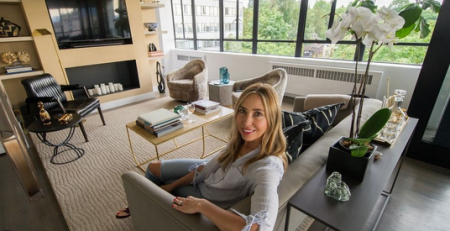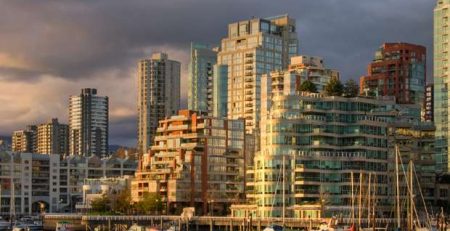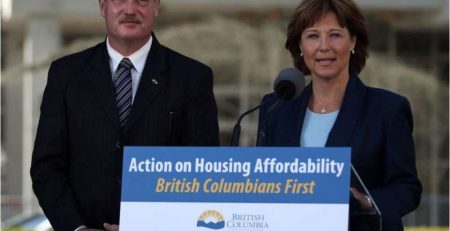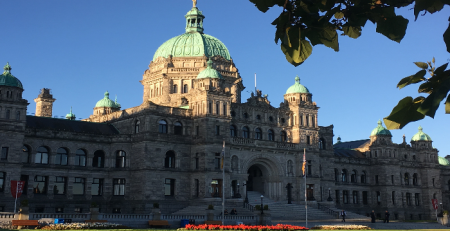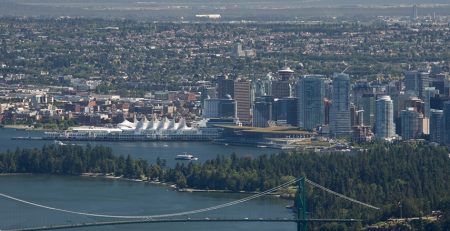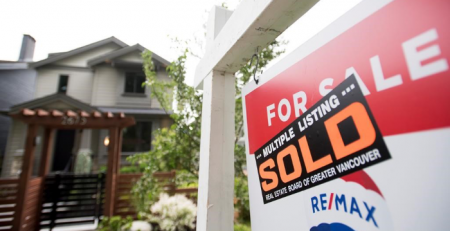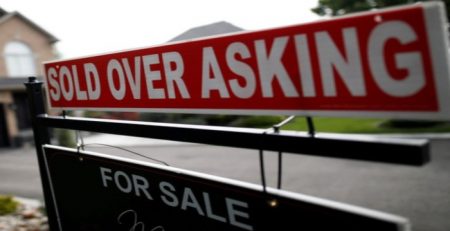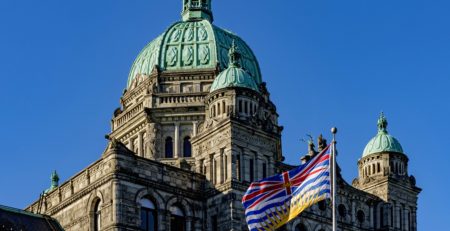Vancouver council votes to legalize and regulate Airbnb and other short-term rentals
[Source: The Georgia Straight, November 14, 2017]
“Applying filters to data presented by the Inside Airbnb website shows a large number of Vancouver listings are for an entire place that is also available for more than 90 days of the year. That suggests some of these 2,408 units may not have full-time residents and are essentially operating as hotels.”
Vancouver has joined a growing list of cities that have made peace with Airbnb.
Today (November 14), city council voted seven to four to legalize and regulate short-term rentals (STR).
“Housing is first and foremost for homes, and I’m very pleased to see this approach to short-term rentals move forward,” Mayor Gregor Robertson said quoted in a media release. “The city’s new regulations strike a fair balance that will ensure the best use of all our housing.
“They will protect and ultimately free up more long-term rental stock, which is desperately needed to help us solve our rental housing crisis and provide homes for the thousands of renters who are struggling,” he continued. “At the same time, the new rules recognize that many people rely on extra income from short-term rentals in their own homes in order to make ends meet.”
The framework includes many restrictions on how residents can use digital services like Airbnb and FlipKey, among others, to rent a portion or all of their home to travellers.
Chief among them, the rules state that residents are only allowed to share their primary residence online. That means you are not allowed to purchase an apartment as an investment, for example, and then never live it in but instead rent the unit on Airbnb. The framework also forbids people from renting out secondary basement suits for less than 30 days at a time.
Next, it requires people who want to rent out all or a portion of their primary residence—a spare bedroom, for example, or all of their home while they’re out of town for a weekend—to acquire a new class of business license. These will cost $49 a year plus a one-time administration fee of $54.
Each business license will come with a unique number, and that number will have to be displayed in online listings. If authorities find a Vancouver listing on a service such as Airbnb that fails to include a license number, the person responsible for that listing can be fined $1,000.
Applying filters to data presented by the Inside Airbnb website shows a large number of Vancouver listings are for an entire place that is also available for more than 90 days of the year. That suggests some of these 2,408 units may not have full-time residents and are essentially operating as hotels.
The city estimates the new rules for short-term rentals will legalize about 70 percent of Vancouver listings on Airbnb while singling out some 1,000 problematic listings for penalties. Other estimates put the number of problem listings that the regulations aim to address closer to 2,500 units or even more than 3,000.
The votes in favour of the legal framework for short-term rentals were cast by the mayor and Vision Vancouver’s six city councillors plus the Green’s’ Adriane Carr. The four no votes came from councillors belonging to the Non-Partisan Association (NPA).
The new regulations are scheduled to take effect on April 1, 2018.
Until then, all short-term rentals remain illegal in the City of Vancouver.


